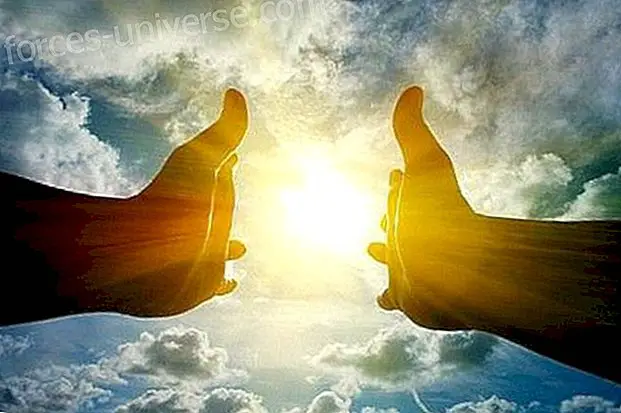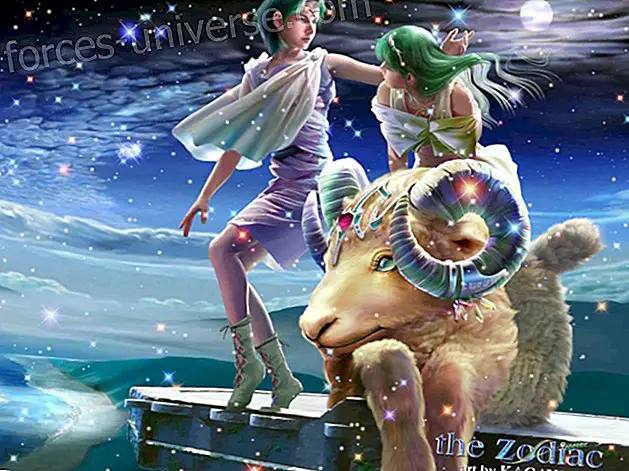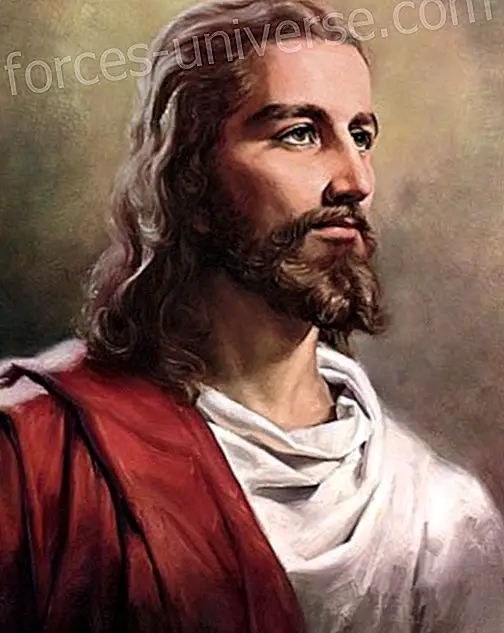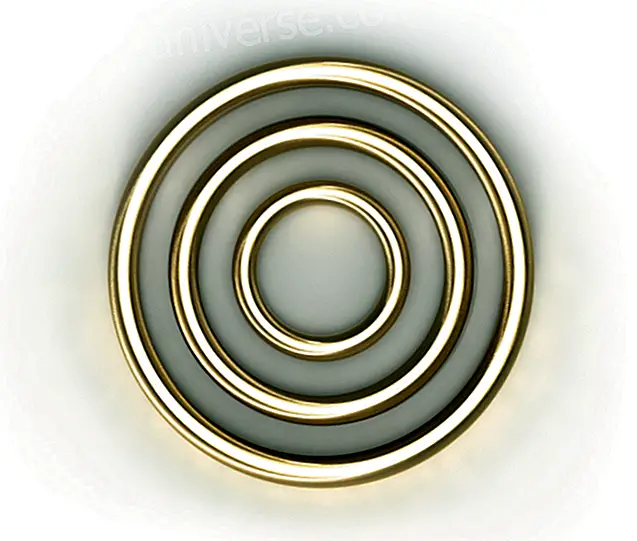
It is often worth asking: what do we understand by education? It is a mandatory question where society has to take part in its attempt to answer it. What we understand by education and how this vital company is carried out will depend the future of new generations destined to configure a population capable or not of facing the challenges of a world in constant change and evolution. Nowadays, the so-called 'academic excellence' is valued, which is nothing more than the ability to store data to dump in an exam. We hardly take into account the value, in my opinion, more essential in every educational task: to encourage creative and critical capacity, that is, the ability to think for ourselves and the development of our human capacities. To learn you have to understand, and to understand it is necessary to learn to question things. Only then can intelligence shine; when one, in addition to being a mere 'copyist' of information, discovers that one is also able to find tools in his own intellect to solve vital problems and not only the problems that are formulated in a math book.
Education not only occurs in schools, but never ceases to be happening at every step we take in life. If you manage to awaken that attitude, with a constant open look at life, a look that seeks to understand your world, question it and try to improve it. If the educational task manages to leave a legacy greater than that which is reflected numerically in an academic record. Yes, beyond a degree that facilitates us to develop a certain profession, the educational task makes the student know what he really wants, not because he has more 'exits', but because he is able to love what he does, believe in what he does and have the will to improve with his creative capacity what he finds in his way, then education can make sense.
If we educate in values that are the same that have led us to this current crisis of values, such as competitiveness and materialism, we will be forgetting the true meaning of the words humanity and humanism, where cooperation, solidarity and the search for freedom of thought and action are its sources of inspiration. Only in this way is human development possible that does not forget that we are producing beings, not only of money and merchandise, but of culture, beauty and creative intelligence. We need these values to be able to breathe, and a true revolution will always aspire to take flight, recovering the lost wings that give beauty to the path of freedom. As Albert Camus wrote, the centenary of his birth is now celebrated: Beauty, no doubt, does not make revolutions. But there comes a day when revolutions need it. [ ] Maintaining the beauty, we prepare that day of rebirth in which civilization will put in the center of its reflection [ ] that living virtue that underlies the common n dignity of the world and of man, and that we have to define now in the face of a world that insults it. And education can be beautiful if we understand that with it what we do is understand the world in which we live, acquiring the necessary tools, which are within oneself, to improve it.
The Tribune of Albacete, 6-11-2013
Source: http://lashorasylossiglos.blogspot.com.es/2013/11/el-sentido-de-la-educacion.html?spref=fb
The meaning of education by Jos Manuel Mart nez S nchez






